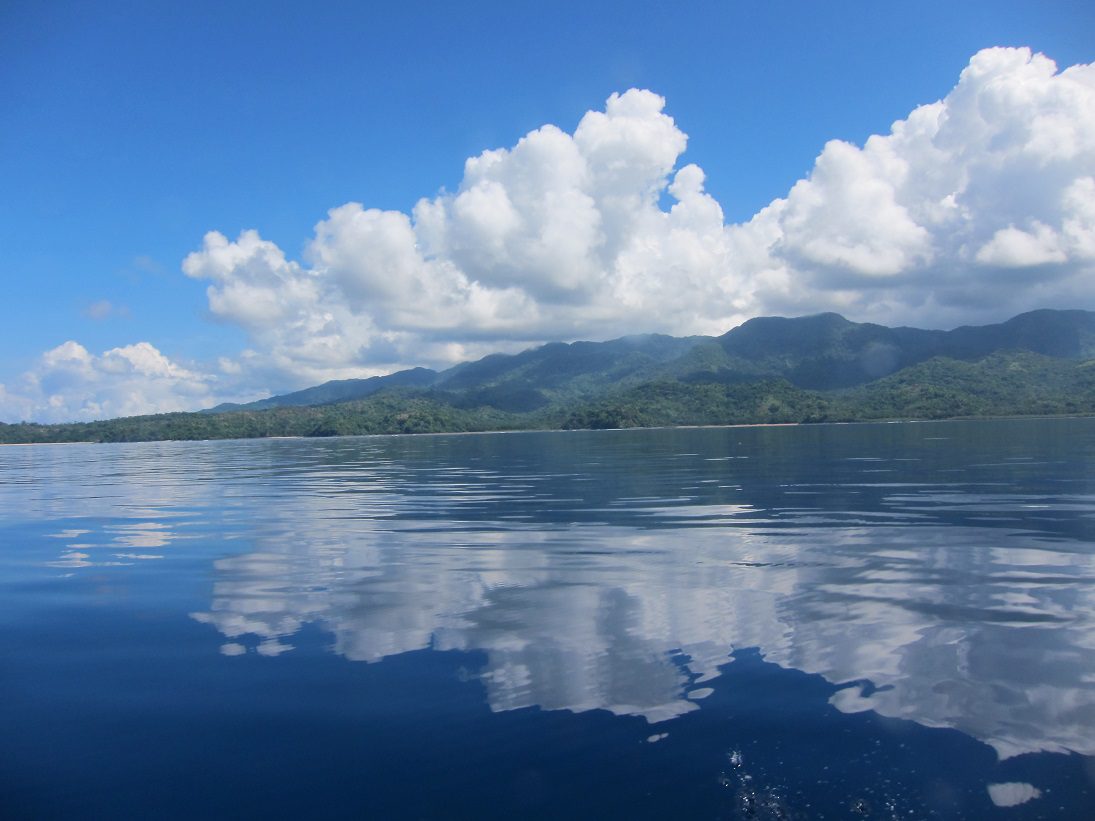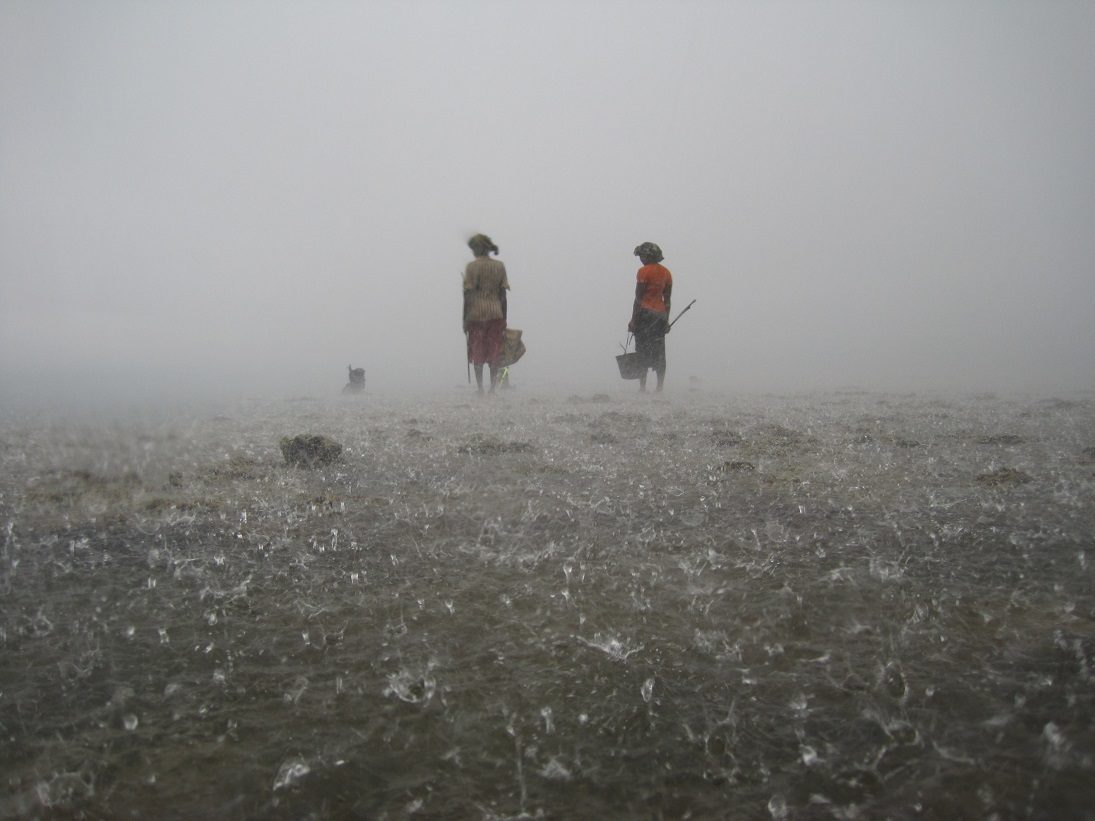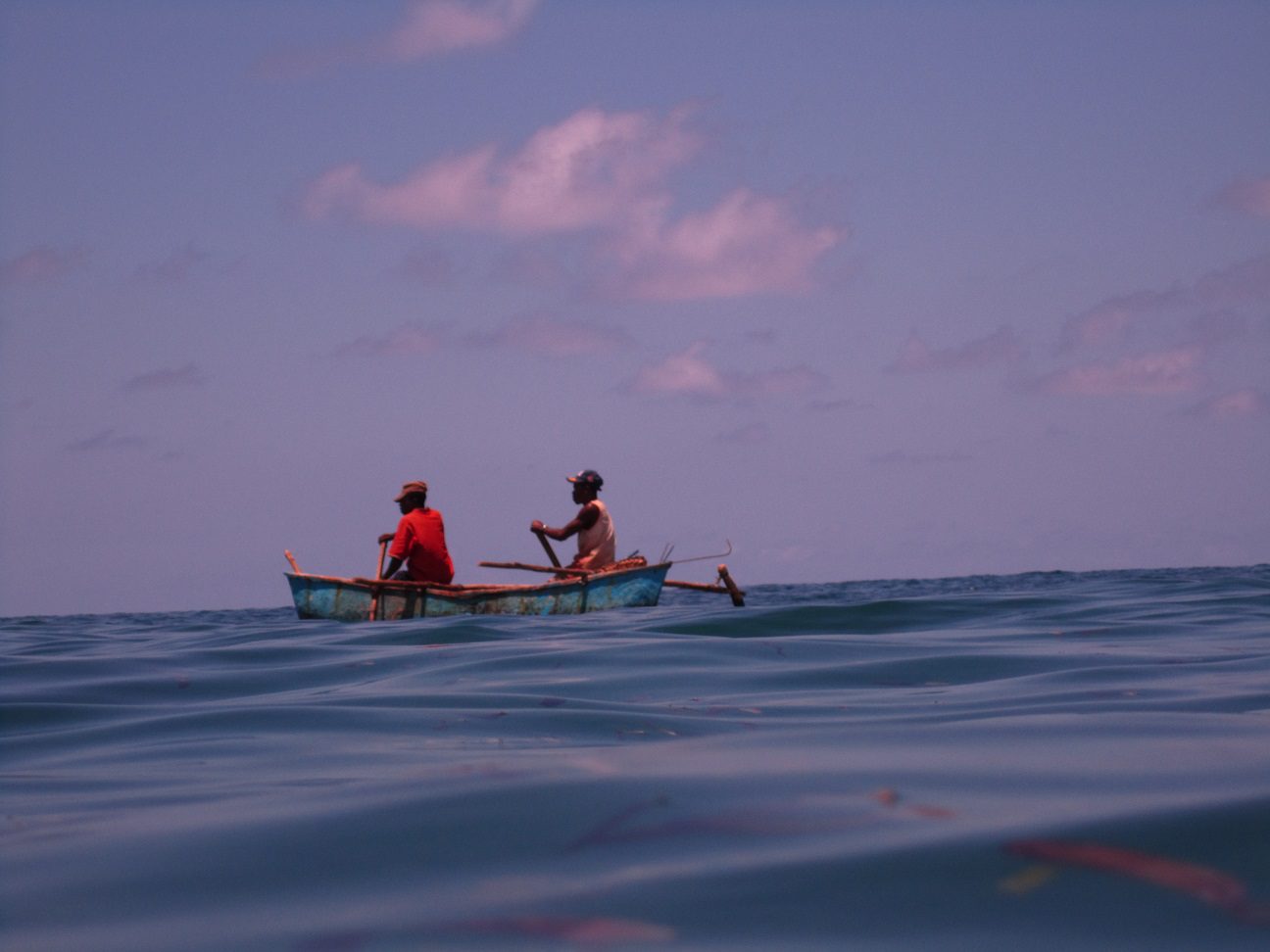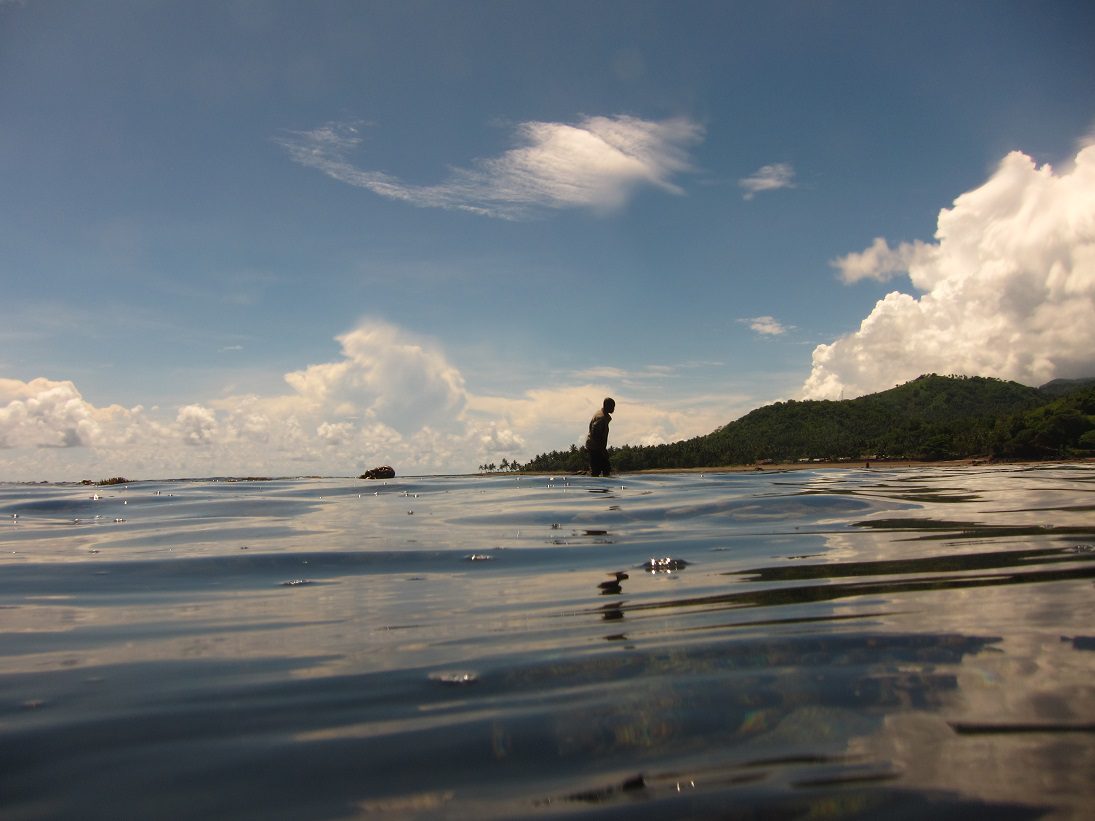This World Fisheries Day, we are celebrating our new initiative for marine conservation and fishery management in the Comoros
The Comoros islands sit at the crossroads of east Africa and the western Indian Ocean, at the cultural intersection of the South, West, and Middle East, (with Sub-Saharan African, French, and Arab heritage). The islands lie in the heart of the Northern Mozambique channel, an area recently identified as a hotspot of coral reef biodiversity, second only to the Coral Triangle in the Indo-Pacific.
Comoros is among the countries most vulnerable to coral reef degradation, due to high dependence on reef resources, high susceptibility to climate change, and high human pressures on reefs and their resources, including small-scale fishing. But the fascinating geography, culture, and environment of the Comoros will have to wait for another day.

Photo: Jane Nurse
Today we are celebrating fisheries and the fishers
Fishing underpins human existence on these islands, where fish is the primary dietary protein and one of the most consistent sources of income. Daily they wager their personal and financial security against the whims of nature (storms, rough seas), markets (flows of materials, price fluctuation), and infrastructure (means to store and transport catch, risks to personal safety).
The fishers here come from all walks of life – chances are, any Comoran you meet will have fished for a time, be it professionally, as a way to feed their family, to pay for medical care for a sick family member, or to pass the time with friends.

Photo: David Gibbs
We are celebrating the opportunity our partnership provides fishers to overcome obstacles
For stability – the social and political history of the Comoros prevented a legacy of fishery tenure and traditions enjoyed by many of their Indo-Pacific counterparts. We are offering an alternative to starting over with each new project or political change.
For sustainability – facing all-too familiar issues of population growth, climate change, and foreign fishing interests, both legal and illegal. We are developing tools and networks to empower fishers to address these global issues.
For recognition and support – from a government lacking capacity and transparency, from donors who believe large impacts can only happen in larger countries with larger populations, and from the global community who may have never heard of the Comoros. We seek out opportunities for fishers to make their voices heard.

Photo: Kristen Omori
We are celebrating a way forward that has its roots in Comoran tradition
Sense of community is strong in the Comoros, making local management a sensible solution to the obstacles above. Some communities have capitalized on their strengths to effectively manage and conserve fisheries and other natural resources. With our local partner organisation, Dahari, we are drawing from the existing examples, augmenting financial and technical support, and encouraging organisation and perseverance to sustain fisheries. Dahari has applied this approach to tackle similar obstacles in the agricultural sector. They are leading by example on how local management and conservation can be achieved.

Photo: Sarah Freed
We are celebrating a new partnership and a shared vision:
Together, Blue Ventures, Dahari, and fishers of the Comoros are charting a course for effective and enduring fishery management. We foresee a healthy ecological, economic, and governance future for Comoros fisheries, and hope you will join us to celebrate that goal this World Fisheries Day.
Blue Ventures’ work in the Comoros is funded by the Critical EcosystemPartnership Fund (CEPF), a joint initiative of l’Agence Française de Développement, Conservation International, the European Union, the Global Environment Facility, the Government of Japan, the MacArthur Foundation and the World Bank.

